Tokenization in Italy: Turning Brick into Digital Gold
Discover how real estate tokenization in Italy is reshaping investment — turning properties, wine, and even solar energy into digital assets. Explore how blockchain is opening Italy’s real estate market to global investors and creating new ways to own a piece of the country’s future.
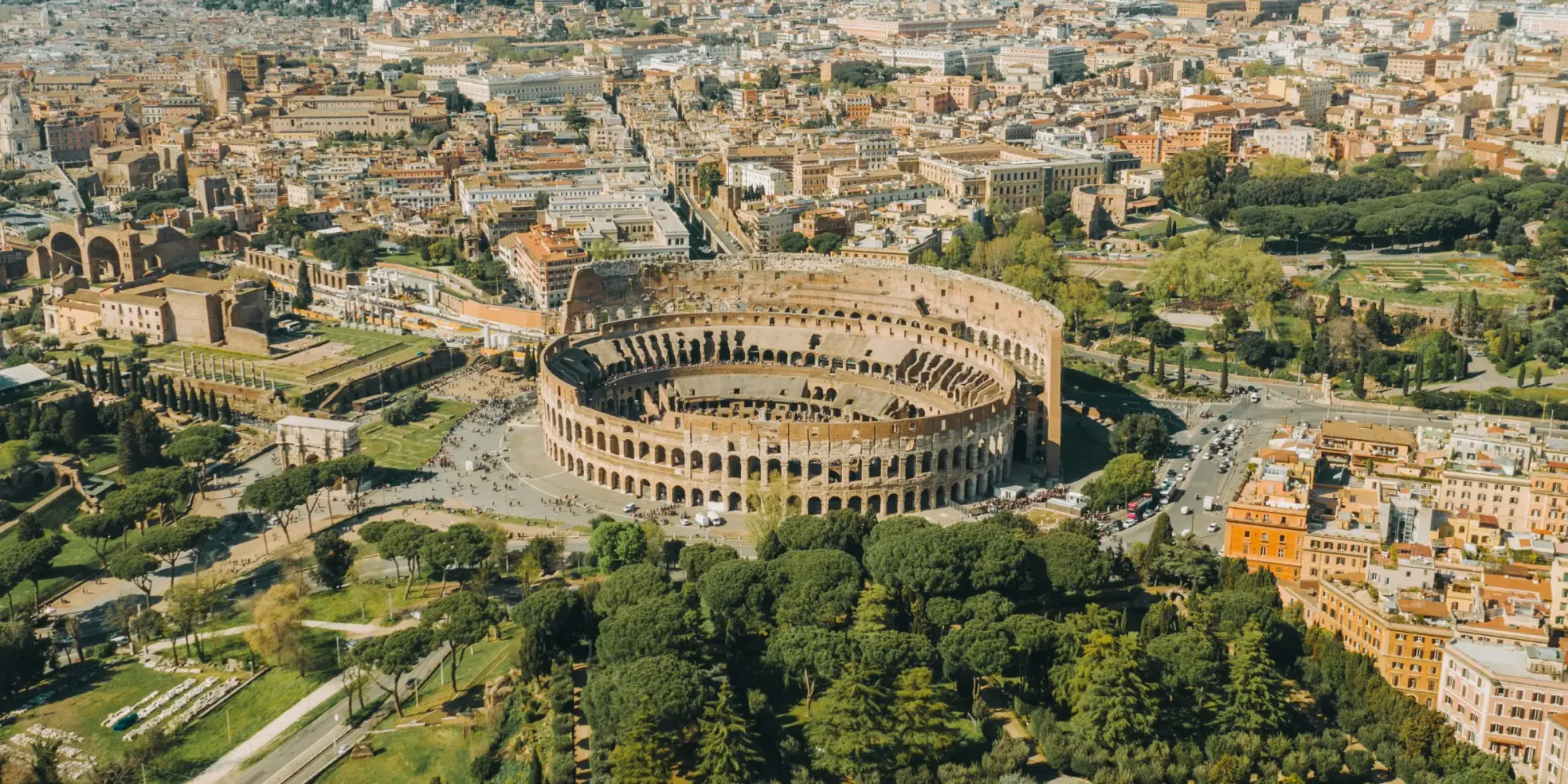
In Italy – a land famous for art, history, and wine – something new is happening. The country is starting to use tokenization: a digital method that turns real things (like houses or solar panels) into blockchain tokens. These tokens are like small shares that people can buy and sell. This idea blends Italy’s rich heritage with cutting-edge technology in a fresh way. In this article, we explore how tokenization is growing in Italy, especially for real estate, and what exciting projects are underway.
Tokenization simply means creating digital tokens on a blockchain to represent ownership of a real asset. Think of a property, a work of art, or even a bottle of wine. With tokenization, a big asset is cut into many small digital pieces (tokens). Each token is backed by the real item. An investor can buy one or more tokens to own a fraction of that asset. This can open up investment opportunities: people can invest in expensive assets with a small amount of money. It also makes transactions faster and clearer, because blockchain records every step. In Italy, this modern idea is now finding its path. Experts report that Italy’s new laws allow companies to issue shares and bonds as tokens. In other words, businesses can digitally issue what used to be paper-based securities. This change means tokenization is moving from theory into action.
How Tokenization Works
To see why people are excited, let’s briefly explain how tokenization works. Imagine a house worth 100,000 euros. Without tokenization, one person must buy the whole house, which needs a lot of money. With tokenization, the house can be split into 1,000 tokens. Each token could cost 100 euros and represent 0.1% of the house. If you buy one token, you own a tiny share of the house. You might even receive a small part of any rent or sale money the house earns. These tokens live on a blockchain (a type of digital ledger). The blockchain keeps a secure record of who owns which tokens. People can trade tokens easily, similar to trading stocks.

Tokenization offers clear benefits, and Italy is noticing. For example:
- Easier access: More people can invest because they only need a small amount of money to buy tokens.
- More liquidity: Traditional real estate can be hard to sell fast. Tokenization lets owners sell tokens quickly on a digital market.
- Transparency: Every transaction is recorded on the blockchain. It’s easy to see who owns what, reducing fraud.
- Lower costs: Fewer middlemen (like banks or lawyers) might be needed, which can cut costs and speed up deals.
These advantages mean tokenization can change how Italians buy and sell property. Real estate in Italy is huge – worth trillions of euros. In fact, a 2021 report notes Italy’s real estate market was over €7.8 trillion. Yet much of this market is traditional and hard to access for small investors. Tokenization could open this market to global buyers, or let young Italians invest in homes without huge loans.
Italy’s Steps Toward Tokenized Assets
Italy has not waited for others to act. The Italian government and businesses have taken real steps to support tokenization. For instance, in late 2022-2023 Italy approved a decree (a type of law) that makes it legal to issue tokenized shares and bonds. This means companies can now create security tokens: digital shares (or bonds) on a blockchain that represent a real ownership or debt. According to reports, this decree has several goals:
- Introduce new tech in finance – to update old rules with blockchain innovations.
- Link digital and traditional finance – making sure blockchain systems work with banks and stock markets.
- Help small businesses – it lets smaller companies issue bonds directly on the blockchain, raising money more easily.
- Guide crypto investments – it brings crypto activity into a regulated setting closer to normal financial systems.

These aims show Italy wants tokenization to grow safely. In fact, experts say this is a turning point for Italy. With these rules, Italy’s market may see many new blockchain projects. A new type of platform (often called a sandbox) has also been created. This special environment allows banks and companies to test security tokens in a controlled way. The first class of assets tested in this sandbox is real estate. Italian regulators even invited investment banks and real estate firms to join experiments. This sandbox is known by the name STAI (Security Token & Alternative Investment). It is overseen by the Bank of Italy and Consob (Italy’s financial watchdog). Such experiments are important: they let innovators try tokenization on real property without full legal pressure, learning how it works in practice.
Real Projects and Deals in Italy
Beyond laws and sandboxes, real projects are happening now. Italian startups and financial groups are leading the way. A key player is BlockInvest, a fintech company based in Milan. Credit Agricole, a large French bank, invested in BlockInvest in 2021. BlockInvest built a blockchain platform to digitize assets like real estate and loans. Reporters note that just two years after starting, BlockInvest was already running tokenization experiments for Italian properties and non-performing loans. They even helped issue some of Europe’s first tokenized green bonds. This shows that big banks and innovators are serious about bringing tokenization to Italy’s market.

Other platforms and deals also point to growing interest. For example, a recent report highlights that an institutional fund (called APS) invested about €3 million in tokenized property bonds in Italy. In simple terms, this fund used a blockchain platform to buy bonds backed by Italian apartments. This is a sign that serious investors see value in tokenization here. Experts report that more funds are scouting these opportunities in Europe. In September 2025, financial news also noted that American and international banks (like Citi and Bank of America) are looking into tokenized securities, which could include tokenized real estate. All this means Italy is part of a larger European wave where traditional finance meets blockchain.
We can list some key recent projects in Italy’s tokenization scene:
- Bank-issued projects: Cassa Depositi e Prestiti (CDP), Italy’s public finance group, launched a €500M green bond with blockchain-based reporting. While not fully tokenized, this use of blockchain in Italy’s big projects shows the trend toward digital tech.
- Corporate investment: BlockInvest, backed by Credit Agricole, enabled token sales of Italian real estate and even non-performing loans.
- Tokenized bonds: Black Manta Capital (BMCP), an Italian asset manager, issued a tokenized, real estate-backed bond on a blockchain network. This bond is secured by a self-storage facility in Sardinia. BMCP became a node on the “Canton Network” (an institutional blockchain), marking the first real-estate bond on that platform in Europe.
- Energy tokens: Italian utility Enel, along with tech partner Algorand, launched a project where people can own fractions of a solar farm. This means you can buy a token representing part of a solar panel field and offset your home’s electricity use with its energy. It’s an example of tokenization beyond real estate, but shows how Italian companies are finding new uses for the technology.
- Growing platforms: Several digital marketplaces like MetaWealth (from Switzerland) and Brickken (from Spain) are offering Italian property tokens. Analysts note these platforms are expanding offers to include more European properties, helping Italians tap into global investors.
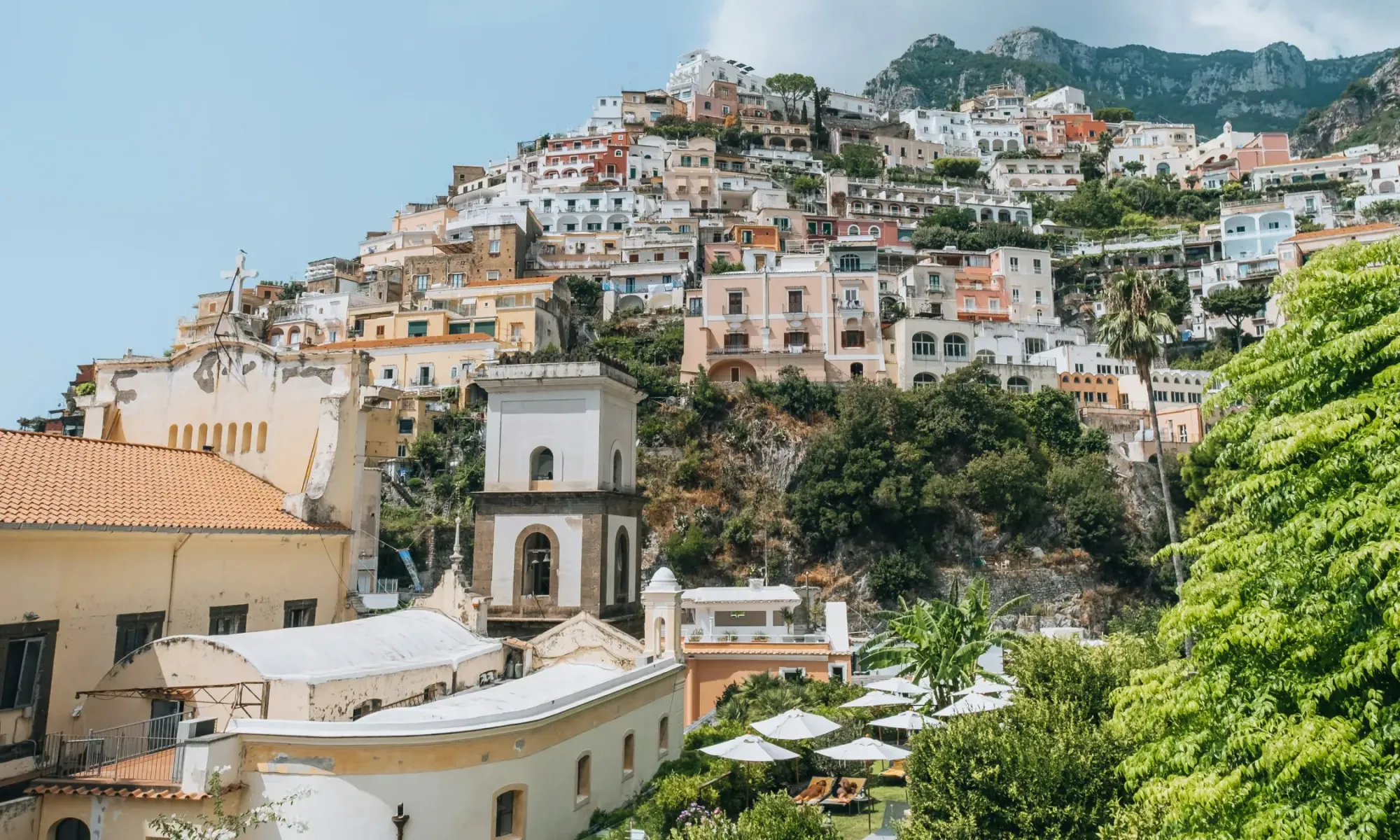
All this activity comes with challenges. Tokenizing real estate is complex. It requires clear rules about ownership rights and careful tech work. Still, Italy’s regulators and industry are moving forward step by step. They are trying to give investors confidence by making rules clear. For instance, the EU’s MiCA regulation (Markets in Crypto-Assets) also shapes token laws. Italy’s new decree follows EU rules. By keeping an eye on investors and educating participants, experts believe Italy can grow token markets responsibly.
Tokenizing More than Property: Wine and Energy
Italy’s tokens are not just for apartments. In true Italian style, creativity meets blockchain. A fun example is wine. At an international wine fair (Vinitaly 2022), the first “Italian Wine Crypto Bank” was launched . It’s a project that uses NFTs (non-fungible tokens) to sell fine wines. Here’s how it works: a famous Tuscan wine label is paired with a digital NFT. If you buy the NFT, you also have the right to claim a bottle of that wine from a “digital cellar.” In one case, 22 magnums of Italian wine were tokenized as an art-NFT collection. Each NFT had a code to redeem the actual wine. This means collectors get a digital certificate and a real bottle – a blend of tradition and tech. Wine makers have joined in: dozens of top Italian wineries, from Chianti to Sicily, took part by linking their wines to NFTs. This might sound strange, but it shows how Italians use blockchain to promote their culture. The Wine Crypto Bank lets wine fans and crypto fans meet. It proves tokenization is not only about property – it can apply to any valued asset, even in a country known for pasta and wine.
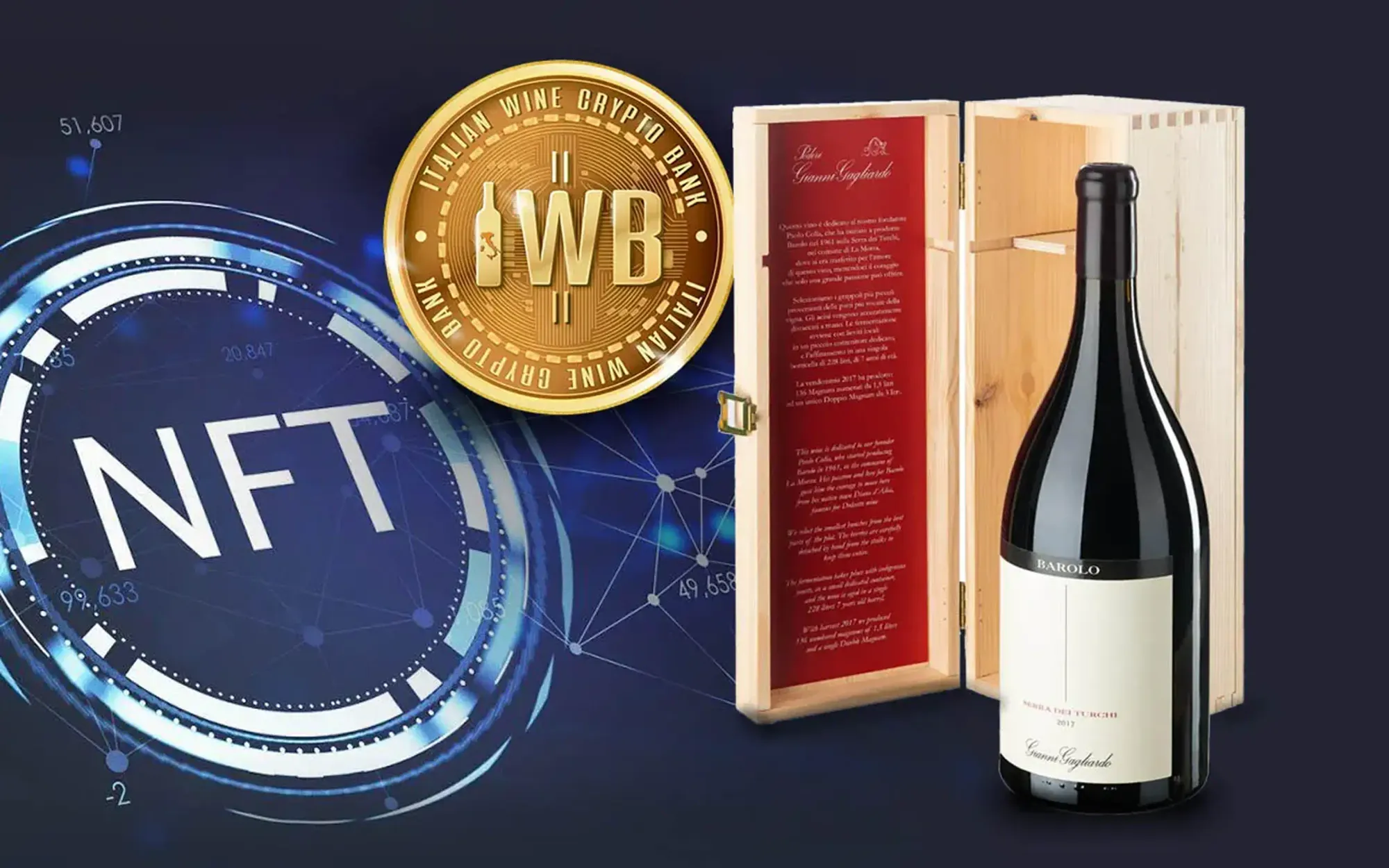
Another neat project is about energy. Many city dwellers in Italy want solar power, but cannot install panels on apartment buildings. So, Enel (a big Italian utility) partnered with Algorand (a blockchain) to create tokens for solar farms. Starting in 2025, Italian customers can buy tokens that represent a share of a solar farm. When the solar panels produce electricity, owners of those tokens effectively get a credit on their energy bill. In other words, living in Rome does not stop you from partially “owning” a Tuscan solar field. It’s an example of fractional green energy ownership. Even the Algorand team said this is a cool idea: you can live in a tall city building and still offset your carbon footprint by owning a slice of a sunlit farm miles away. This is tokenization at work in daily life: combining environmental goals with investment.
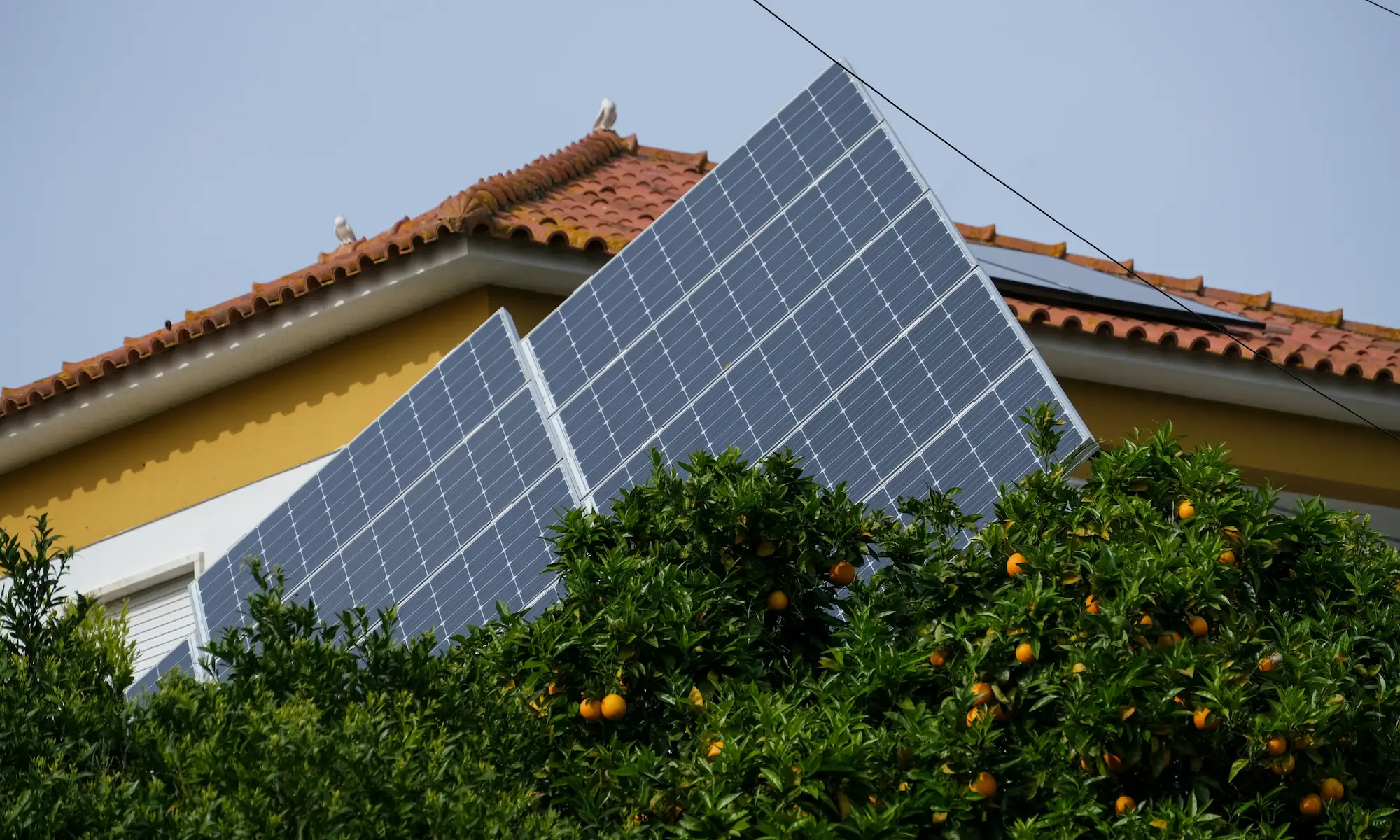
These projects (wine and solar panels) might seem far from real estate, but they highlight a key point: tokenization is versatile. Italy is applying it in many ways. And each project makes blockchain more familiar to people. For example, someone who buys a wine NFT might later feel confident buying a property token. Or a homeowner interested in solar tokens might explore the idea of buying a share of a new apartment block via tokenization. In this way, diverse experiments support each other and build a broader token economy in Italy.
What’s Next for Italy?
Italy’s journey into tokenization is still young, but the pieces are falling into place. The country’s leadership (such as Bank of Italy and Consob) is working on new rules and sandboxes. Tech companies and startups are building platforms and deals. Banks are watching and even investing. Regular people are hearing about these ideas in the news.
Journalists and analysts note that Europe is already a friendly place for tokenized real estate. Italy, with its big property market and strong financial institutions, stands to benefit from this trend. The combination of clear laws, pilot projects, and real investments creates momentum. Some observers say Europe’s cautious yet progressive approach means tokenization in Italy will grow steadily and safely.
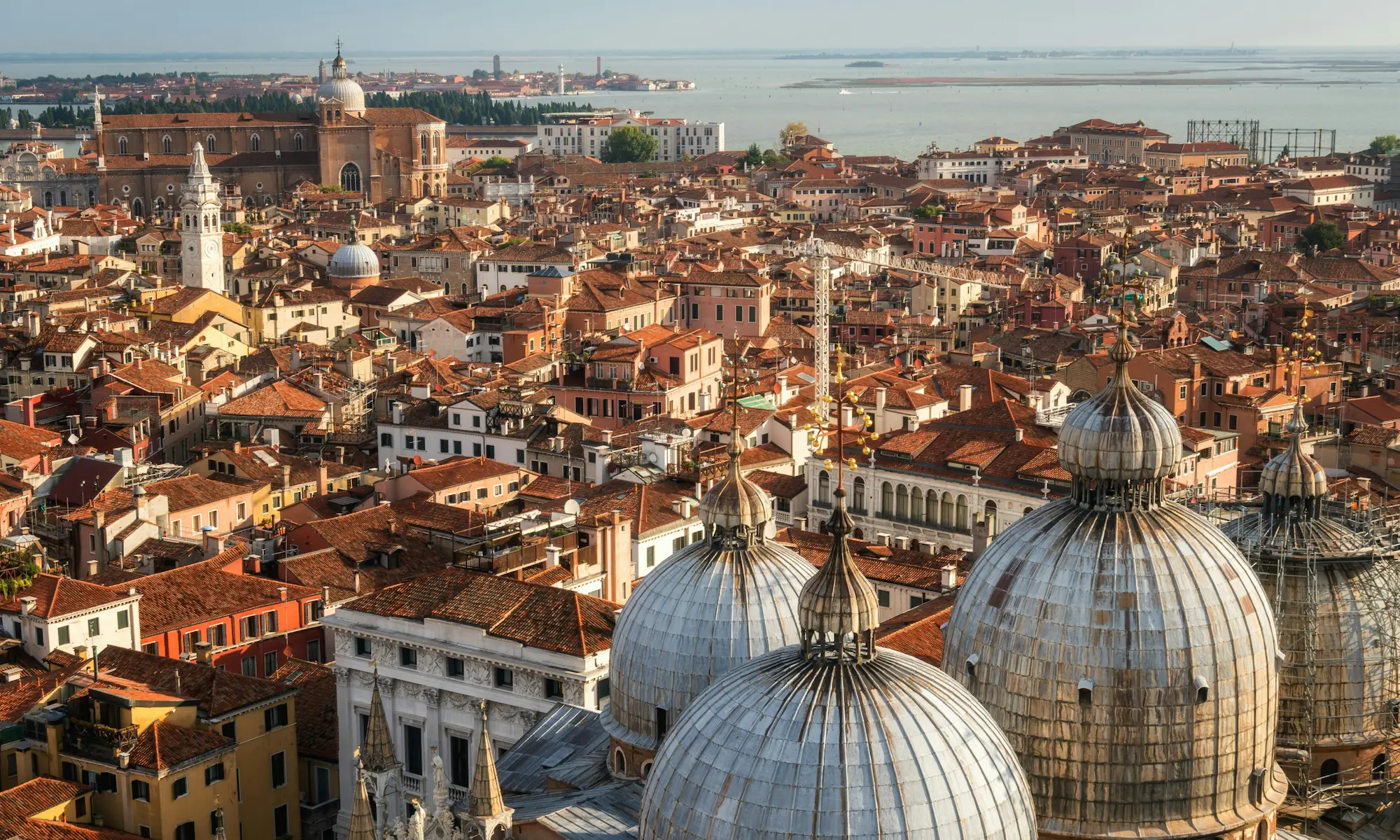
Of course, it is too soon to say Italy is the “capital” of tokenization. However, examples like Enel’s solar tokens, BMCP’s Sardinian bond, or the Wine Crypto Bank show Italians are both serious and creative in this area. The Italian culture of preserving history seems to meet blockchain’s promise of transparent records. In a way, Italy is building a bridge from its ancient villas to a digital future.
In summary, tokenization in Italy is becoming a reality rather than just an idea. By allowing shares and property to be sold as digital tokens, Italy is opening new doors for investment. This can give more people a chance to invest in real estate, start-ups, or even vineyards, without needing huge sums. It also helps Italian companies find new ways to raise capital and reach global markets.
This journey will have challenges – technical, legal, and educational. But each milestone shows progress. Blocks of stone and shards of internet code, together creating new ways to own and invest. As Italy continues to write this new chapter, it adds excitement to both the blockchain world and the world of Italian real estate.

